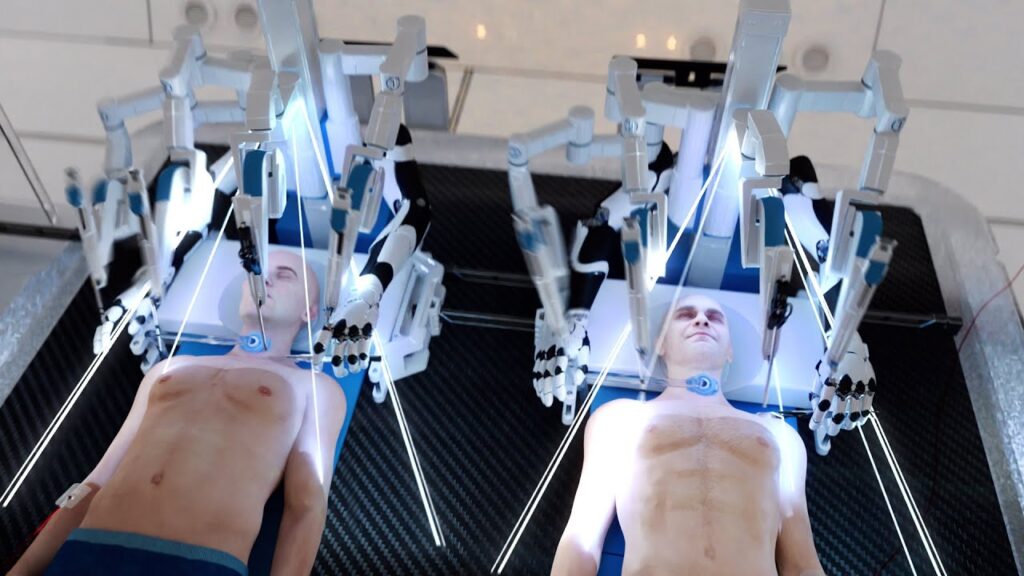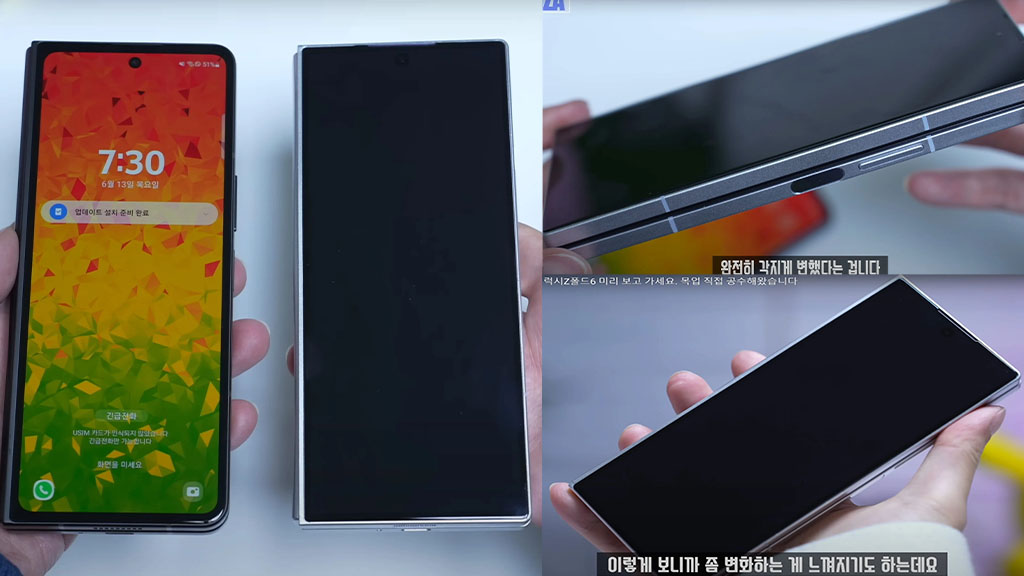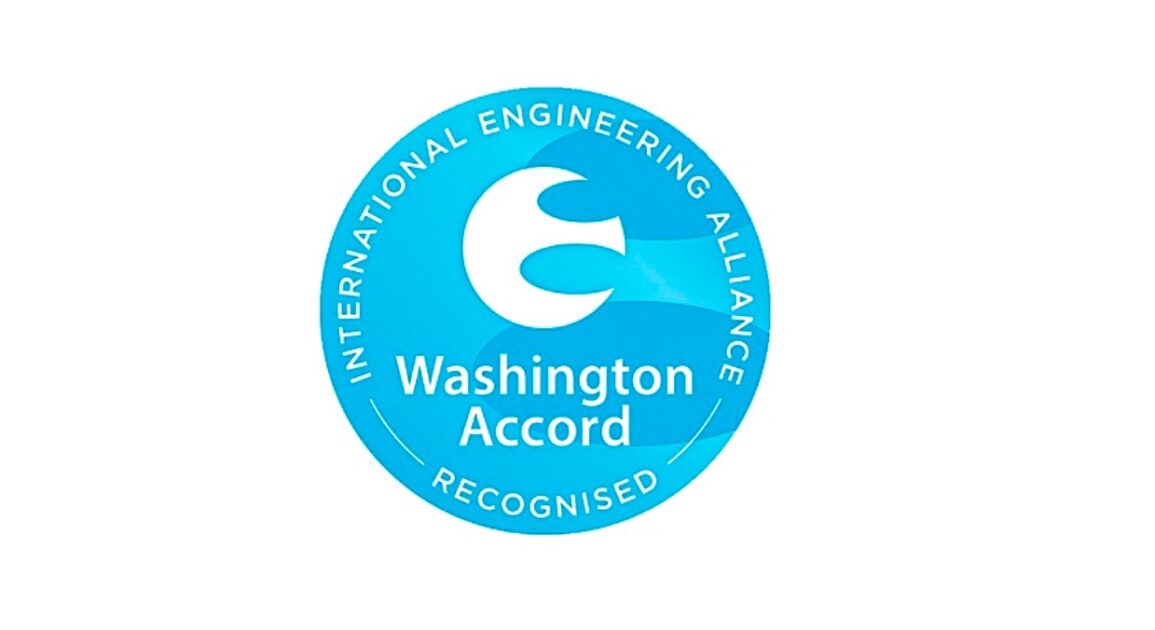- Web Desk
- Today
BrainBridge unveils revolutionary head transplant system
-
- Web Desk
- May 23, 2024

NEW YORK: The neuroscience and biomedical engineering startup, BrainBridge, has announced a groundbreaking head transplant system, set to revolutionise medical science.
According to BrainBridge’s website, the company plans to conduct the first head transplant within the next decade. The innovative procedure will utilise brain-dead donors, while the recipients must retain their memories, cognitive functions, and consciousness.
Govt to establish 10 new software technology parks by next year
Scientists are optimistic that this technology could offer new hope to patients suffering from conditions such as paralysis, certain cancers, Alzheimer’s disease, and Parkinson’s disease.
On May 21, Yemeni molecular biologist and science communicator Hashem Al-Ghaili shared news of this breakthrough on Instagram, stating, “Today, I’m excited to introduce BrainBridge, the world’s first head transplant system.”
Al-Ghaili explained that the technology combines advanced robotics and artificial intelligence to perform complete head and face transplantation procedures.
He expressed hope that this innovation would provide a lifeline for individuals with previously untreatable conditions.
BrainBridge plans to deploy high-speed robotic systems to prevent brain cell degradation and ensure the seamless integration of a transplanted head with a donor body. The process will be guided by real-time molecular imaging and sophisticated AI, ensuring precise reconnection of the spinal cord, nerves, and blood vessels.
The company’s integrated robotics platform features two autonomous surgical robots capable of performing simultaneous surgeries on both the donor and recipient.
Microsoft to add AI-powered tool for image generation in Paint
To facilitate neuron reconnection, BrainBridge will use a proprietary chemical adhesive, polyethylene glycol. Additionally, a specialised spinal implant will promote neuron repair, allowing the patient’s brain to form new neural connections with the transplanted body.
During the recovery process, patients will wear a BCI-enabled BrainBridge Headband, enabling them to communicate their needs effectively. – INP




